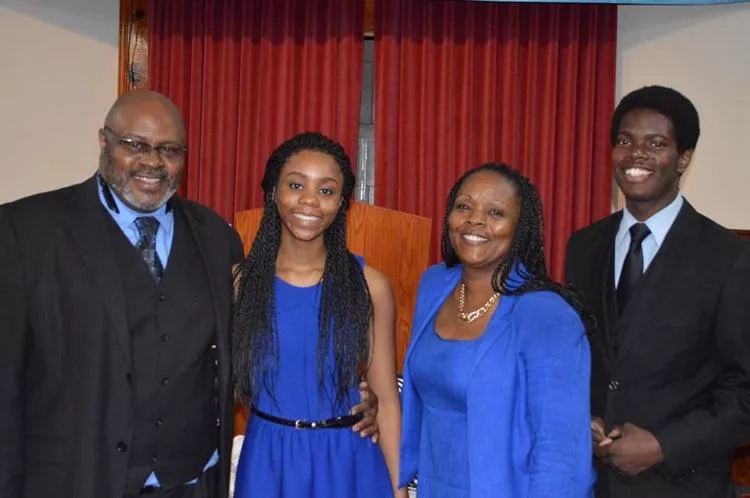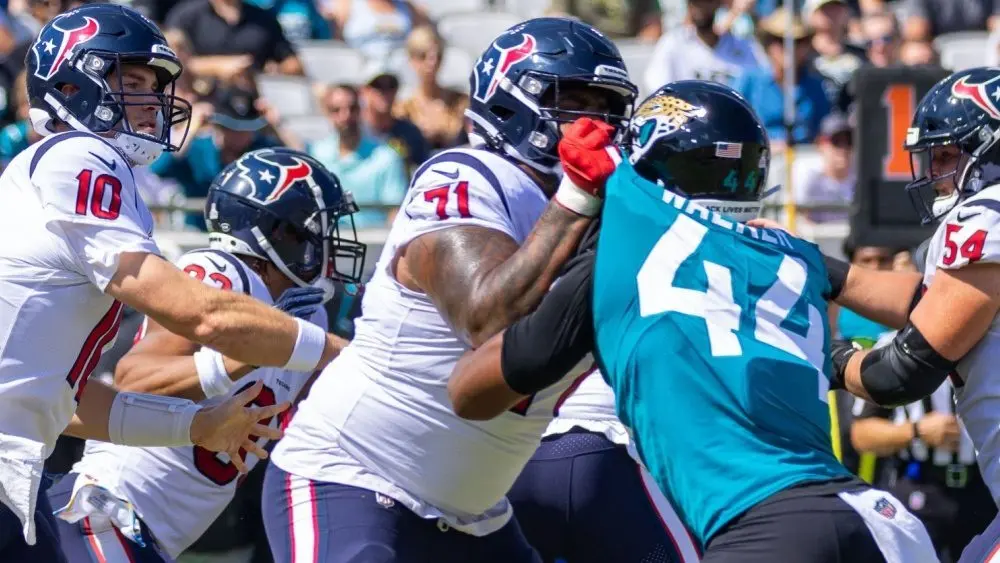
Contact tracing, sleuthing out anyone possibly placed in jeopardy by a patient with a contagious disease, plays an integral part in slowing the spread of communicable diseases, including the new coronavirus that has engulfed the globe.
Whether it is investigating the effects of tuberculosis, sexually transmitted diseases or gastrointestinal infections, contact tracing is on the first page of every health agency’s playbook.
It is no different at the Waco-McLennan County Public Health District, spokeswoman Kelly Craine said. Contact tracing is standard operating procedure for public health officials. However, the task becomes more challenging after a death, especially when the person who died was not previously on a health district’s radar, such as in the case of Taro Johnson, the third COVID-19-related death reported in McLennan County.
Two new cases of COVID-19 were reported in McLennan County on Thursday, bringing the county total to 76 cases. The health district is monitoring 83 potential cases while reporting that 53 people have recovered from the coronavirus. There have been four deaths in McLennan County, and two patients remain hospitalized, according to health district figures.
The 83 people being monitored are those who have not tested positive but who have been in close contact with someone with the virus. Craine said health district employees call those being monitored twice a day to see how they are and if their conditions have changed.
While Craine said she cannot discuss specific cases, some who worked with Johnson at Shepherd’s Heart Food Pantry at 1401 N. 34th St. in Waco and saw him there looking listless and sick less than a week before he was found dead say they are concerned. They wonder if the local health district is doing all it can to alert those who may have come in contact with Johnson in the days leading to his death.
They say they called the health district after they learned of Johnson’s death and have been waiting for return phone calls. Those calls never came despite them informing health officials that Johnson worked at the pantry as a volunteer on March 26, handling food and helping load food baskets, and was there again April 2 for about 20 minutes. He picked up food for himself and visited with some of his co-workers, said Edith Rodriguez, a former employee at the pantry, and Tammy Jentho, a pantry volunteer.
Six days later, the 61-year-old Johnson was found dead alone in his apartment and tested positive for COVID-19.
However, Johnson’s ex-wife, a registered nurse, disagrees. She said her dealings with the health district and Waco police after Johnson’s death reflect local officials who take their jobs and their oaths to protect the community seriously. Brenda Johnson said she and her 22-year-old daughter, who had not seen Johnson for about a month, were questioned thoroughly by police and health district investigators about her ex-husband’s activities and who he might have come in contact with.
“The impression I got was that they were very concerned,” Brenda Johnson said. “They wanted to know where he worked and what he did, and I told them as much as I could and they both followed up on that information. As a registered nurse, I know that is what they were doing.”
Jimmy Thornton, 61, who volunteered with Taro Johnson at Shepherd’s Heart and who has known him 26 years, said Johnson called him April 4, four days before Johnson was found dead, to ask him to go get a car tire fixed with him. Thornton rode in the front seat while Johnson drove and another man rode in the back seat.
Thornton said Johnson did not appear ill and was not coughing or exhibiting other typical COVID-19 symptoms. He said he became emotional after Johnson’s daughter called to inform him of his death.
“I was shocked because we were close friends,” said Thornton, a disabled Army National Guard veteran. “It scared me bad and I started crying. I wasn’t crying because he died. I was crying because I didn’t want to get it.”
Thornton called a local hospital, the health district and his primary-care physician. They all told him the same thing: If he did not have any symptoms, he did not need to be tested and he should quarantine in his apartment for 14 days. That is what he has been doing.
Thornton said Thursday he has called the health district “several times to make sure I’m doing what I am supposed to be doing.” He said he has not gotten any follow-up calls from the health department during his quarantine period but remains symptom-free.
Jentho and Rodriguez both said they called the health district several times after Johnson’s death and Jentho posted a comment on the city of Waco Facebook page. Both were told they would be contacted about their proximity to Johnson at the pantry, but no one has called, they said.
“I called the health department and asked them what their idea of following up was,” Jenthro said. “I said we know of a confirmed COVID death who was here less than a week before he died and, to our knowledge, nothing has been done. We have not heard from them. I don’t know if they just dropped the ball or what, but I don’t see anything happening. The only people letting anyone know about it is me and Edith sending out texts, not to drive fear but so they know to watch out for themselves and to monitor for symptoms.”
Shepherd’s Heart Executive Director Bob Gager said he has had no contact with anyone from the local public health district since the death of Johnson, an 11-year food pantry volunteer.
His staff thoroughly cleaned the location after learning of Johnson’s death and said they have been wearing masks and gloves, especially on food distribution days.
While the health district’s Craine said she specifically could not discuss individual cases, she said eight district employees from the “Incident Response Team” currently are performing contract tracing duties. She said they are “not overtaxed at the moment,” but added that there are 30 employees in the group if more are needed in that area.
“Contact tracing is something that is a standard part of our daily operations,” Craine said. “Every day we do this with a variety of diseases. This is a vital part of our focus that we do every day.”
Craine said the contact tracing process is different with each disease, but once they learn of a positive COVID test, the district starts by interviewing the patient, if possible, or family members. They ask when they first felt symptoms, where they have been the past 14 days and what kind of contact with others they have had.
The district then follows the patient’s progress through their course of medication or treatment until they are considered recovered, she said. She said they call twice a day for those who have tested positive and those who are being monitored but have not tested positive.
“It becomes a little more challenging to follow up after they have passed away,” Craine said. “We do background work and try to find out where they had been and who they had been in contact with.”
— WACOTRIB




